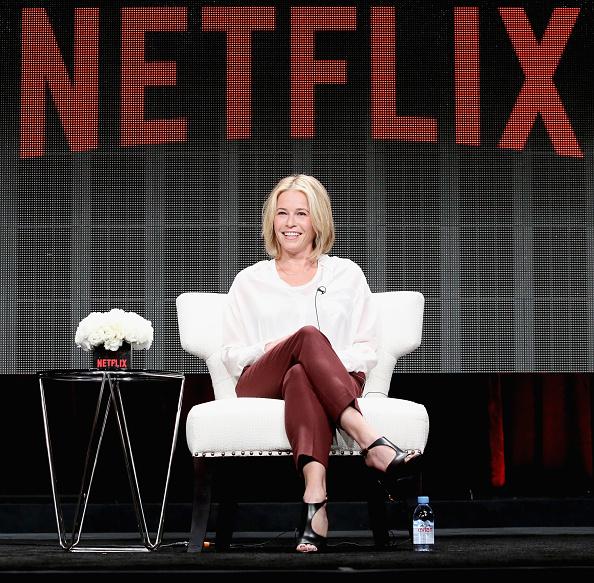
The Winters Group book publisher, Berrett-Koehler, recently sponsored a webinar entitled “Racial Justice: The Next Frontier” featuring Robin DiAngelo, Ph.D., author of White Fragility: Why It’s So Hard for White People to Talk About Racism; Mareisha N. Reese, The Winters Group President and Chief Operating Officer; and me. The primary objective of the webinar was to discuss the need to move beyond performative actions to systemic change to create more equitable and just work environments. Leveraging the content of our new book, Racial Justice at Work: Practical Solutions for Systemic Change, we shared with participants ways that we can upend the organizational systems that perpetuate the status quo. I defined justice as correcting harm to level the playing field for historically marginalized groups. Dr. DiAngelo spoke to the ways that white fragility — e.g., discomfort and defensiveness in talking about race — keep us from making progress. Reese provided practical examples of harm, such as procurement policies that disadvantage small BIPOC organizations with long payment terms and inordinate and often irrelevant requirements.
During the discussion, Dr. DiAngelo advocated for affinity or caucus groups to address the different needs that white people and BIPOC have for understanding and addressing racism in the workplace and in broader contexts. It is necessary for white people to do their own work to understand how their whiteness manifests in a racialized world where their identity is both explicitly and implicitly at the top of the racial hierarchy. Black and other marginalized groups need space to share their experiences living on the bottom of the racial hierarchy freely without the real or perceived constraints of the “white gaze.”
Dr. DiAngelo was pointing out that we all have work to do to dismantle racism; some of that work needs to be done together and some of it needs to be done separately to mitigate the fear and discomfort of sharing authentically in mixed spaces. If the goal of racial equity is to be achieved, there is much work to be done. It is complex, difficult work, and caucus groups are one important method to enhance self-awareness, share collective experiences, and foster healing. Caucusing allows for this deeper understanding. The very definition of equity is providing people what they need to succeed, as contrasted with equality, which is treating everyone the same. Caucusing provides the opportunity to focus on needs of white people that are different from the needs of BIPOC as we together strive to achieve racial justice.
Caucusing is a common approach in other areas such as political spaces. Different political parties come together separately (e.g., Democratic Convention, Republican Convention) to coalesce around common themes and issues. Similar to engineering, to understand how something really works, you need to break it apart and then put the pieces back together for a functioning whole.
Dr. DiAngelo has since been misquoted and maligned with disinformation by the conservative media as a segregationist with headlines like: “DiAngelo Advises People of Color to ‘Get Away from White People.’ ” This is not even close to what she was actually advising. Her comments were totally taken out of context for the sole purpose of discrediting her important work to get white people to come to terms with their role in perpetuating systemic racism. She has even been subjected to death threats.
This is part of the larger effort that we see escalating to deny that racism exists — or ever existed for that matter — with the banning of books that accurately depict our history. In Chapter 2 of Racial Justice at Work, I highlight what I call the minimization, weaponization, and demonization of racial justice concepts. The mischaracterization of Dr. DiAngelo’s comments is a prime example.
In our hyperpolarized world of social media sound bites, binaries are exacerbated. It seems that there is just as much rhetoric, maybe even more, that demonizes racial justice concepts as there is engaging in thoughtful discourse to learn more. It is unconscionable that Dr. DiAngelo’s life is being threatened for speaking up for racial justice. In many states, threatening someone’s life is a crime. I beseech our law enforcement agencies to uphold these laws.
When people ask me how to engage white nationalists and other avowed racists, my answer is: I don’t try, because they are not interested in being curious, understanding the limitations of their own lens, or learning the truth about racism. I offer this post not for those people, but to educate those who are open to learning and understanding the purpose of caucus/affinity groups and other efforts to dismantle systemic racism.
I invite you to support Dr. DiAngelo and others who are in the crosshairs of negative media for advocating for racial justice. Our voices need to be louder than the hatemongers.


















